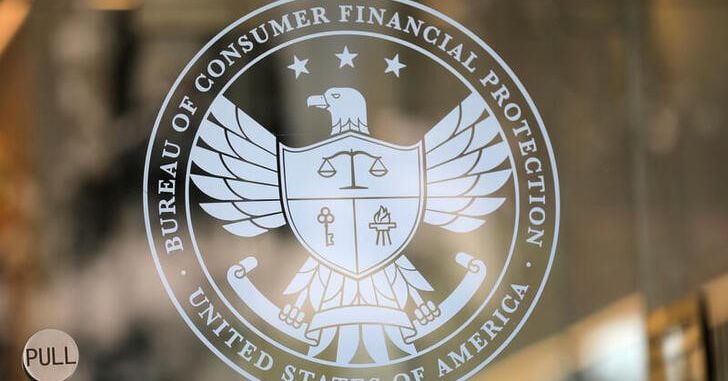Thanks for your thoughts Isisis. No scheduled sale yet. I am just getting ready. I will eventually file a complaint in the federal court to clear my title anyway. If there will be a scheduled sale it will have just accelerated my time table. I am not worry. I am a lot more experienced in court procedures now, in terms of discovery, requests for production, requests for admission, motion to compel ( that’s what I did not do in the state court). I have the help of another pro se who’s been battling bank on New York/countrywide for 3 years in the federal court, he is willing to go all the way to U.S. Supreme Court, me too. It’s a long road. As you already know, BOaA will push you to the limit to see how you react. I did not yield even when I needed a house for the kids,I won’t yield now with the kids all gone. they keep hanging stuff on my door with 800 number to call, but they won’t call me, because that would be wire fraud (mail fraud is in the bag already). If The 25 year-old Cassidy Hutchinson has the courage to act, if would not take a mod bribe to let the fraud against us (homeowners/taxpayers/consumers) go unnoticed. Losing the house is nothing, more freedom without the house. I hate the thought of my property taxes go to these corruptEd judges’ pensions. Cheers.



